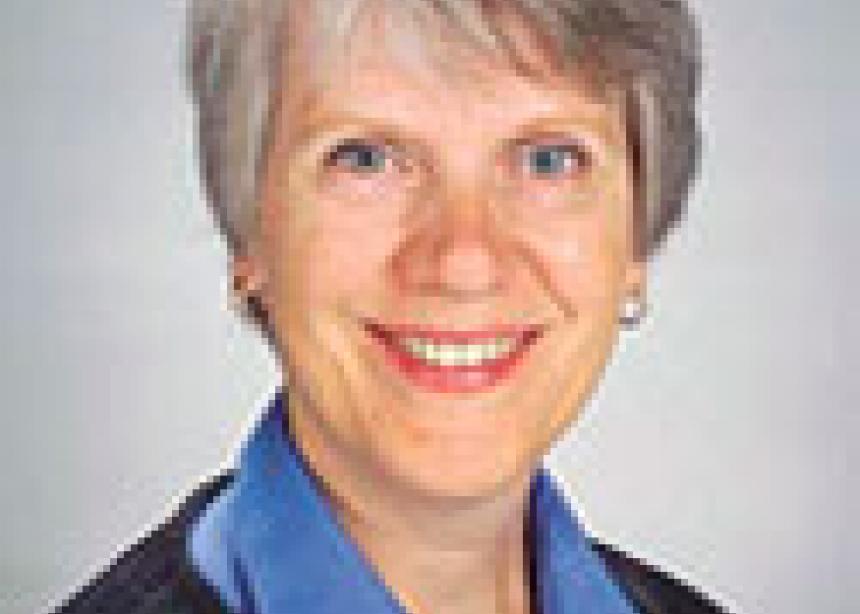Recently I was asked to deliver a devotional at a seniors condominium complex. The suggested theme was, “How do we live with aging and illness and loss of abilities in light of the hope we have in heaven?” Good question, I thought.
I immediately thought of a conversation I had with a family friend, a woman I’ve known for 40 years. When I last saw her, she told me that Psalm 91:16 says that long life is a blessing. But she added that when life gets to be too long, then it isn’t such a blessing any more. At least I think that’s what she said. My friend, who is well into her 80s, has a form of Parkinson’s disease, which causes her to shake so much that it’s difficult for her to speak clearly, to move from one place to another or to feed herself. Certainly that is the gist of what she intended to communicate to me. Long life is a blessing from God and, in her case, with her frailty and difficulties, long life isn’t such a blessing any more.
I valued her honesty. Were I in her shoes, I would likely have a similar perspective. She is grieving the loss of health and mobility she knew in the past, and is frankly expressing her grief. In doing so, she opens herself and invites others into the spiritual questions of aging. Her laments are one way she is talking with, and listening to, God. The Bible, especially the Psalms, are full of laments, the cries of the heart proclaiming to God our sorrows and hurts. The act of voicing the complaint is itself a statement of belief in God and God’s compassion.
So when I talked to the seniors, I talked with them about the value of lamenting the changes they are experiencing, and the way such lamenting makes room for hope and trust to be nourished. “God already knows what we are thinking and feeling,” I said. “Telling it to God just makes it easier for us to see our reality, to accept it, and to hear whatever message it is that God has for us.”
My thinking about the spirituality of aging has been influenced by the conversations I have with seniors who are living the hard tasks of aging. Pastoral counsellor Marcus Smucker says that aging is the hardest work a person can do. “Advanced old age is the most physically, mentally and emotionally trying period of life,” Smucker says in the Spring 2012 edition of The Leader. This hard work can include the death of a spouse, the loss of ability to drive or to care for oneself, to walk without pain, or a sudden move from a familiar home. Learning how to lament becomes an important task in aging.
Smucker also speaks of the spiritual task of letting go as one ages, to nurture “an attitude of yielding to the reality of this stage of life.” With such an attitude, we give ourselves over to the life that God has given us today, open ourselves to how it is that God is with us in our senior years, and the blessings that he has for us in the midst of a season of diminished abilities. In a spirit of hope and trust, Smucker proclaims that such yieldedness “is preparing for the transition to the next world.” Like the Anabaptist virtue of gelassenheit, yieldedness frees our spirits to rest and trust in God’s providence, a spiritual discipline we can practise at any season of life.
Melissa Miller (familyties@mymts.net) lives in Winnipeg. She is wrapped in the family ties of daughter, sister, wife, mother, friend and pastor.



Add new comment
Canadian Mennonite invites comments and encourages constructive discussion about our content. Actual full names (first and last) are required. Comments are moderated and may be edited. They will not appear online until approved and will be posted during business hours. Some comments may be reproduced in print.